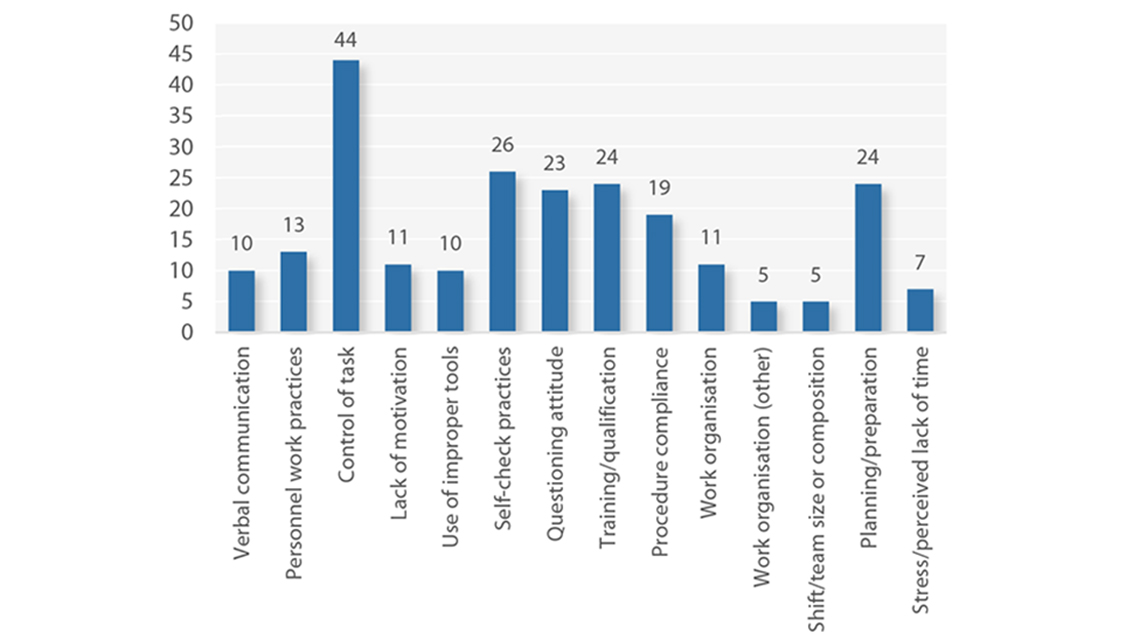For the last 50 years, nuclear power plant operators worldwide have shared their experiences on safety-related events through international incident reporting systems to learn from these incidents and contribute to the prevention of accidents. The seventh edition of the IAEA/NEA Nuclear Power Plant Operation Experience has now been published, providing an overview of lessons learned by operators during the 2015-2017 period.
Accidents do not come out of nowhere: by paying attention to events with minor or no real consequences (so called ‘near misses’) during safe operation, events with more serious consequences can be prevented from occurring. The report summarizes lessons learned also from such events and supports plant operators in identifying measures and actions to prevent future incidents.
The report gathers data from 35 countries which contribute to the International Reporting System for Operating Experience (IRS) database (see How are events reported in the IRS?). The database, jointly operated and managed by the IAEA and the Nuclear Energy Agency (NEA) of the Organisation for Economic Co-operation and Development (OECD), aims to increase awareness of potential and actual problems in nuclear power plant operations. Accessible to operators, regulators and technical support organizations, the IRS works as a global contact network and forum.
“The new report is a valuable reminder of safety significant subjects for experts and it is written in an easy-to-understand language for the general public and media. It allows the best possible insights into actual nuclear safety questions,” said Michael Maqua, Head of the Department of Plant Engineering at the Facility and Reactor Safety Organization (GRS), a technical support organization in charge of IRS management on behalf of the nuclear regulatory body in Germany (BMU).
The report groups events into three categories: human performance, equipment issues and management and oversight.
During the period 2015-2017, 246 reports were submitted to the database, describing the events that occurred, analysing their causes and highlighting corrective actions and lessons learned. The new report presents a summary of these lessons to help further improve nuclear safety worldwide. In Germany, for example, GRS analyses the applicability to German plants of these lessons and, when relevant, develops specific recommendations, Maqua said.
By analysing the data, experts can identify recurring events, which may need to be addressed at a more systemic level to further enhance plant safety.

